Mali, a landlocked country in West Africa, is steeped in rich history, cultural diversity, and natural beauty. It was once home to powerful empires like the Ghana, Mali, and Songhai, which left a lasting legacy on the region’s culture and architecture.
Malinese society is a vibrant tapestry of ethnic groups, including the Bambara, Fulani, Tuareg, Songhai, and Dogon, each with its own distinct language, customs, and traditions. Islam is the predominant religion, but traditional beliefs and practices also play a significant role in people’s lives.
The country has faced challenges in recent years, including political instability, poverty, and security concerns in the northern regions. However, the government and international partners are working to address these issues and promote peace and development.
Culture and Possible Experiences
Mali’s rich cultural heritage offers a range of experiences for visitors to explore:
- Djenné: This UNESCO World Heritage Site is renowned for its stunning mud-brick architecture, including the Great Mosque, the largest mud-brick building in the world. Explore the labyrinthine streets, bustling markets, and vibrant cultural scene of this historic city.en.wikipedia.org Great Mosque of Djenné, Mali
- Timbuktu: Another UNESCO World Heritage Site, Timbuktu was once a center of Islamic learning and trade. Visit the ancient mosques and libraries, admire the unique mud-brick architecture, and immerse yourself in the city’s rich history.www.britannica.com Timbuktu, Mali
- Dogon Country: Explore the unique villages of the Dogon people, known for their elaborate masked dances, ancestral traditions, and cliffside dwellings. Hike through the dramatic landscapes, visit local communities, and learn about the Dogon’s cosmology and way of life.www.britannica.com Dogon Country, Mali
- Bamako: The capital city, Bamako, offers a vibrant mix of traditional and modern life. Visit the National Museum of Mali to discover the country’s rich history and art, explore the lively markets, and enjoy the diverse musical scene.www.britannica.com Bamako, Mali
- Niger River: Take a boat trip along the Niger River, the lifeblood of Mali, and witness the traditional fishing villages, bustling river ports, and stunning scenery.
Valid and Clickable Links for Further Information:
- Mali Tourism: http://www.visitmali.com/
- Culture of Mali: https://en.wikipedia.org/wiki/Culture_of_Mali
- UNESCO World Heritage Sites in Mali: https://whc.unesco.org/en/statesparties/ml
Important Considerations:
- Travel Advisories: Due to security concerns, check the latest travel advisories before planning your trip to Mali.
- Visa Requirements: A visa is required for most nationalities to enter Mali.
- Health Precautions: Consult your doctor for recommended vaccinations and malaria prophylaxis.
- Currency: The official currency is the West African CFA franc (XOF).
- Language: While French is the official language, learning a few basic phrases in Bambara or other local languages can be helpful.
Mali is a fascinating country with a rich cultural heritage and diverse landscapes. While it faces challenges, it offers a unique and rewarding travel experience for those who are adventurous and culturally curious.
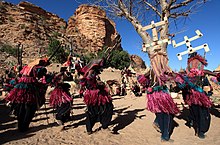
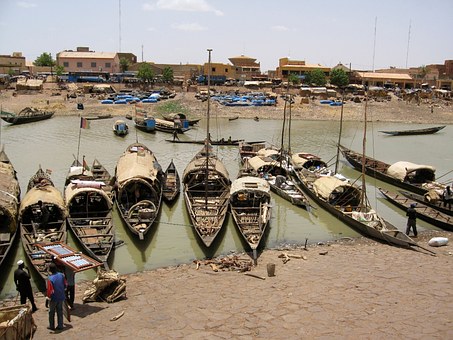
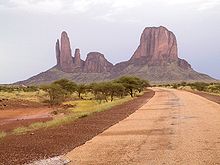
If you book more than one travel service for your trip or holiday using the links on this site, for example both hotel accommodation and flights, you will NOT benefit from rights applying to packages under Directive (EU) 2015/2302. Uramble.com and Google will not be responsible for the proper performance of any travel services. In case of problems, please contact the relevant service provider. Check with your insurance -or credit card provider.
HERE YOU FIND THE OPPORTUNITIES FOR 4 TYPES OF ACTIVE HOLIDAYS!
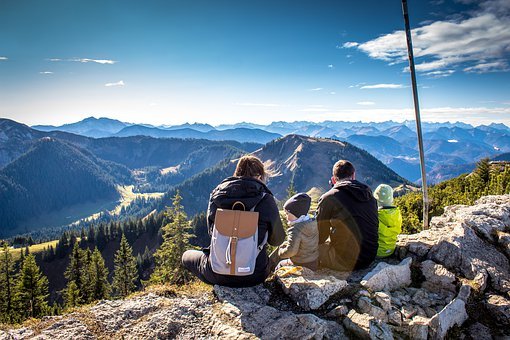
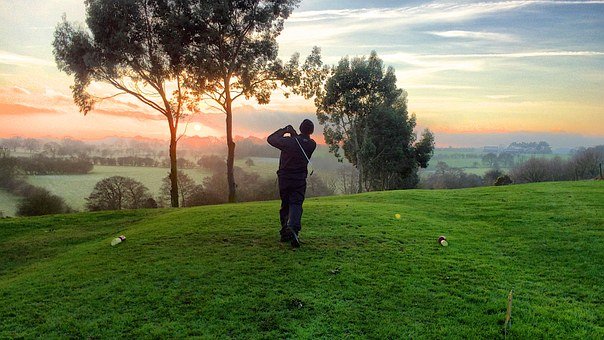
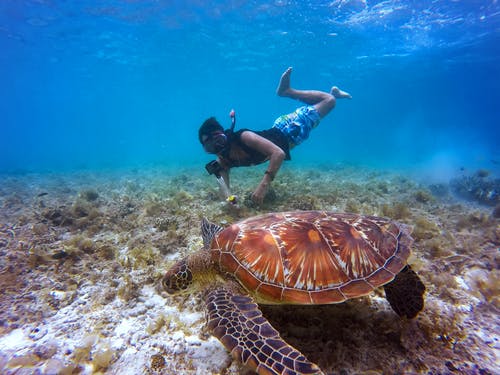
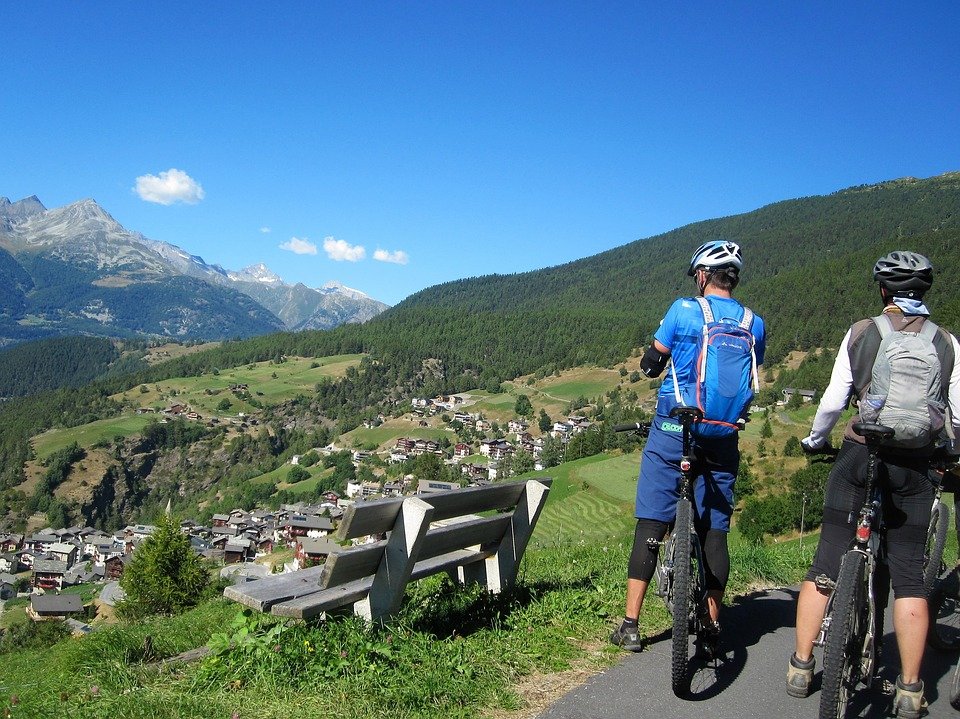

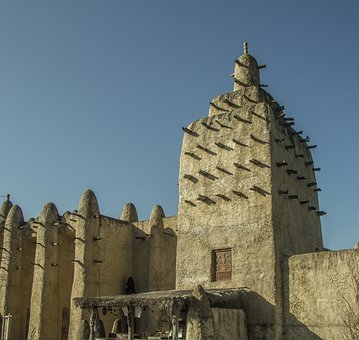
Tell us about an experience or share some information